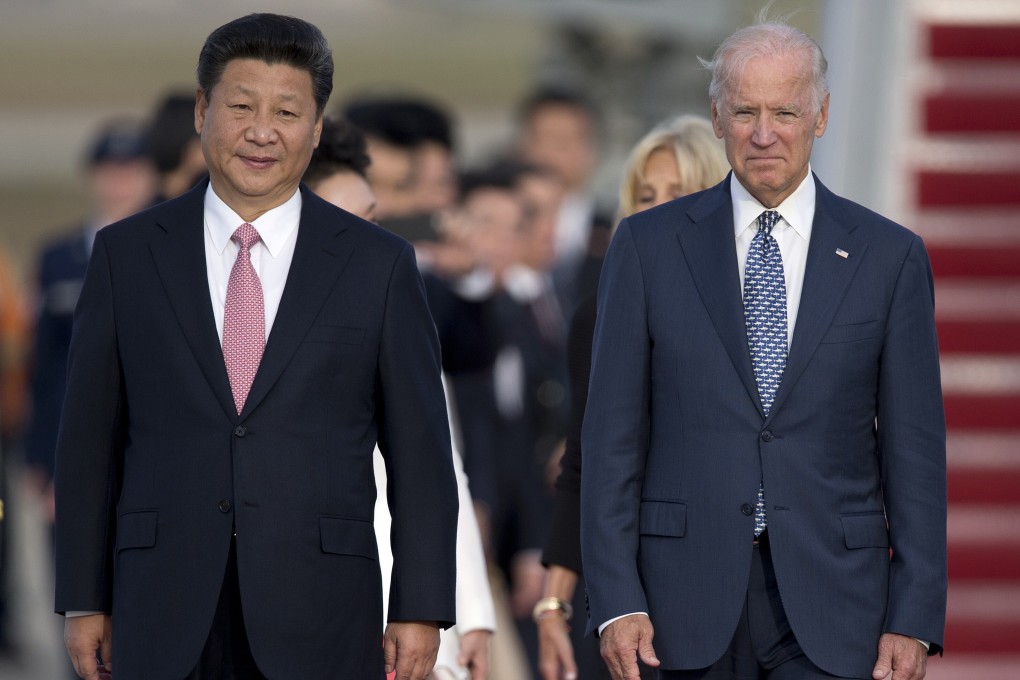My Take | Biden will be more formidable with Beijing than Trump
- To know what the US president-elect wants to do with mainland China and Hong Kong, just read what he has written, and it doesn’t sound friendly

In sum, he will, as much as he likes to repudiate anything associated with Donald Trump, continue the latter’s tough stance against China, though he will rally a global alliance, from the Atlantic to the Pacific, from the economic to the military, to do it. That will make him even more formidable than Trump, whose hawkish position looks more like a bad attitude than sound policy.
On Hong Kong, he probably won’t add to the punishing measures already put in place, but is unlikely to reverse any of them. His position on the city is not so different from Trump or his hardline Secretary of State Mike Pompeo.
In his position paper, he compares Hong Kong to some failed states.
“From Hong Kong to Sudan, Chile to Lebanon,” he wrote, “citizens are once more reminding us of the common yearning for honest governance and the universal abhorrence of corruption.”
That mirrors the US government’s recent statement to include Hong Kong residents in a programme for priority resettlement in the US “for refugees from El Salvador, Guatemala, and Honduras; and for refugees from Hong Kong, Cuba and Venezuela”.
